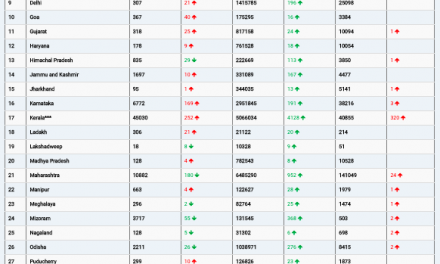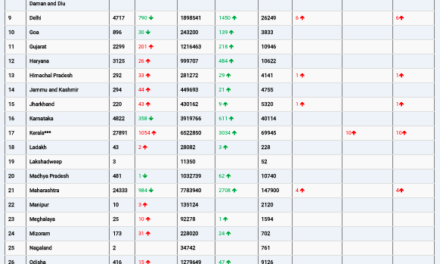
In a recent study, individuals who adhered to a low-salt diet for just a week experienced a notable decrease in systolic blood pressure by approximately 6 mm Hg.
The trial, known as CARDIA-SSBP, involved 213 participants aged 50-75, both with and without hypertension. The findings highlighted that the blood pressure reduction due to a low-salt diet was consistent across different subgroups and remained independent of hypertension status or the use of antihypertensive medication. Lead investigator Deepak Gupta, MD, from Vanderbilt University Medical Center, emphasized that this reduction was meaningful and comparable to the effects of a single antihypertensive medication.
Presented at the American Heart Association Scientific Sessions 2023 and published in JAMA, the study unveiled menus used in the research to underscore the significance of dietary choices in promoting a healthy lifestyle. Gupta emphasized the impact of high blood pressure on global mortality and suggested that adhering to a low-sodium diet could potentially lead to decreased reliance on antihypertensive medications and reduce the risk of hypertension development in normotensive individuals.
Although the study had significant implications for public health, commentators cautioned about the challenges of sustaining a low-sodium diet long-term due to the prevalent high salt content in commonly available foods. However, the study’s use of commercially available products in the low-sodium diets and accessible menus aimed to address this hurdle.
Gupta highlighted the rapid effects of a low-sodium diet on blood pressure, noting that visible results could manifest within a week of adopting such dietary changes. He emphasized that while the study achieved a substantial reduction in dietary sodium, even smaller reductions would likely yield beneficial effects on blood pressure.
The research assessed participants’ blood pressure using 24-hour ambulatory monitoring during their usual diets and then after being randomly assigned to high-sodium and low-sodium diets for a week each. Notably, the study found that individuals’ usual diets already contained high sodium levels, further reinforcing the impact of dietary choices on blood pressure regulation.
The study revealed that three-quarters of individuals responded positively to the low-sodium diet, termed “salt-sensitive.” Additionally, it observed significant blood pressure reductions across various demographic and health-related subgroups, including those taking antihypertensive medications, individuals with diabetes, and older age groups. These findings challenged prior gaps in research that often excluded such populations from similar studies.
However, while acknowledging the study’s significance, commentators highlighted the difficulty in maintaining long-term adherence to such diets, especially considering the current availability and appeal of high-sodium foods. Addressing this challenge would require comprehensive educational campaigns and structural changes in the food supply at policy levels.
The study’s implications extend to recommendations for dietary sodium reduction in the broader population, aligning with recent US guidelines advocating for gradual sodium reduction in various food categories. These guidelines aim to tackle the prevalent high-salt content in the food supply and promote healthier dietary practices on a broader scale.












